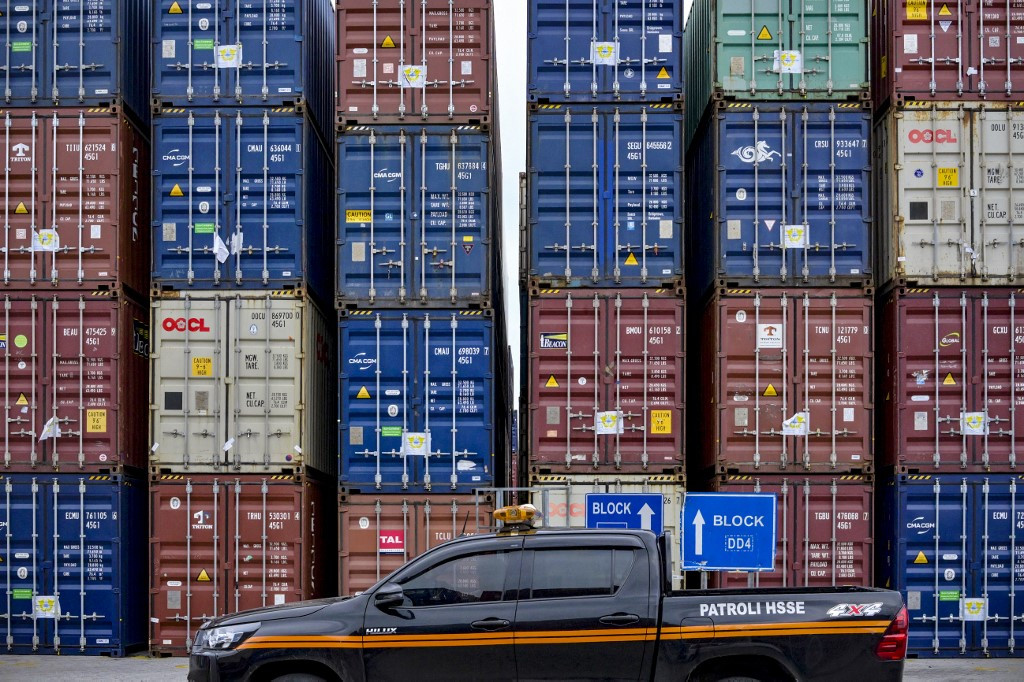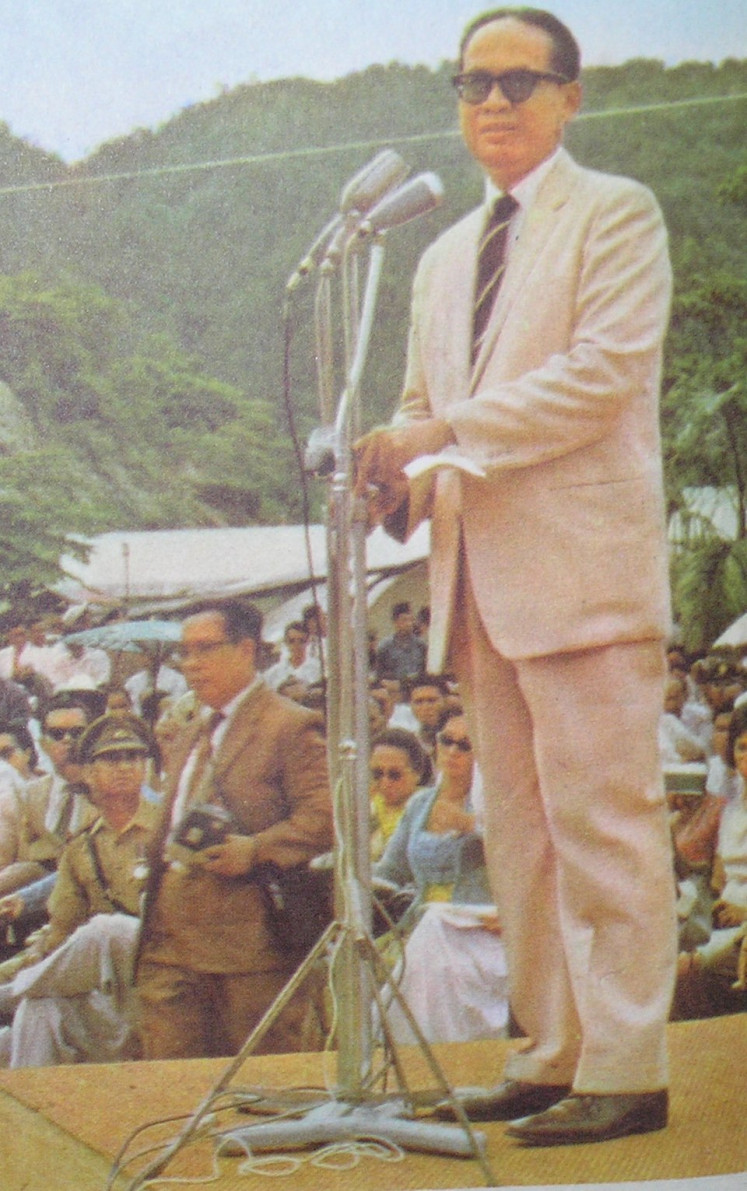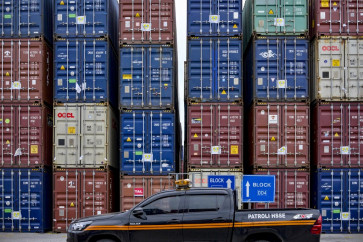Popular Reads
Top Results
Can't find what you're looking for?
View all search resultsPopular Reads
Top Results
Can't find what you're looking for?
View all search resultsTrade must serve people, not just markets
Unless development sits at the center of trade policy, globalization will widen inequality instead of narrowing it.
Change text size
Gift Premium Articles
to Anyone
T
he year 2025 opened with renewed turbulence in global trade. A fresh escalation in the trade war between major economic powers, particularly the United States and China, has deepened uncertainty. Protectionism and restrictive trade measures spread across continents, while fiscal space continued to shrink. The promise of open trade as a shared path to prosperity now faces its hardest test in decades.
Trade still drives growth, but without fairness it fuels division. Developed countries capture most gains, while many developing economies remain stuck on the margins. Unless development sits at the center of trade policy, globalization will widen inequality instead of narrowing it.
This is where the United Nations Conference on Trade and Development (UNCTAD) plays a vital role. It links trade and development and reminds the world that markets serve people, not the other way around.
At its sixteenth quadrennial conference (UNCTAD16) in Geneva last month, the discussion centered on the enduring tension between trade, growth and inclusion. The meeting returned to the city where UNCTAD was founded six decades ago and where the Group of 77, the main negotiating bloc of developing countries, first took shape.
For developing countries, these debates are far from abstract. They decide whether the next phase of globalization can deliver tangible benefits at home, and whether multilateralism can still bring real resources and results on the ground.
UNCTAD 16 spotlighted three pressing challenges that define the struggle of developing countries to benefit from trade.
First, the global push for clean energy has fueled a surge in demand for critical minerals such as lithium, cobalt and nickel. For resource-rich developing countries, this boom risks deepening reliance on raw material exports. Without investment in downstream industries, technology transfer and skills development, resource-rich countries risk being trapped into the “resource curse”, a paradoxical situation in which countries underperform economically.



















